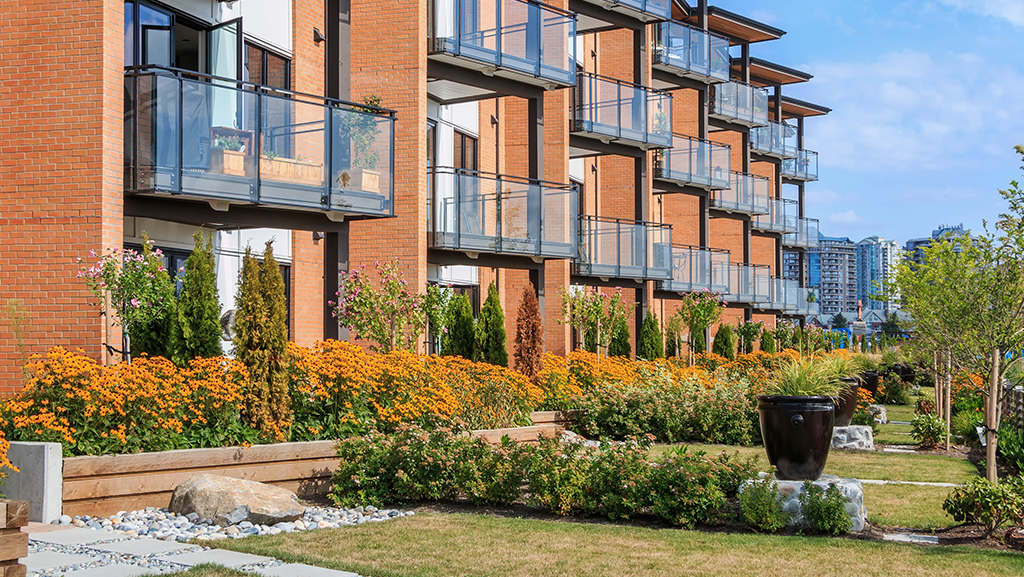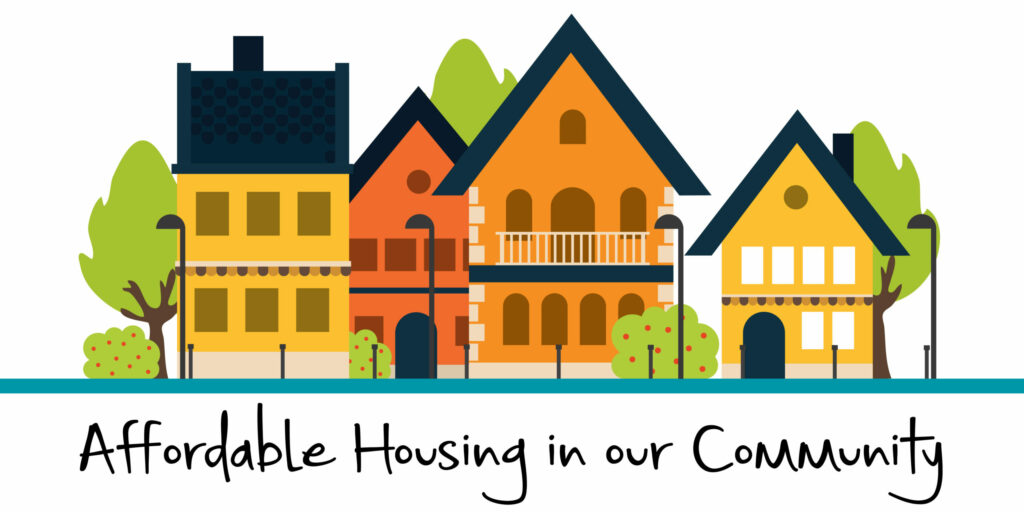Inexpensive Homeownership Options for First-Time Homebuyers
As the housing market proceeds to evolve, new property buyers encounter special obstacles in safeguarding cost effective homeownership alternatives. These campaigns not just promote homeownership but additionally foster community stability and financial growth.
Federal Government Aid Programs
Federal government aid programs play a crucial role in making homeownership obtainable for lots of individuals and families. These programs aim to reduce the financial burden connected with acquiring a home, particularly for novice customers. By providing financial assistance, grants, and tax motivations, government initiatives help link the space between increasing housing expenses and the buying power of possible home owners.
Various programs are available at the federal, state, and local levels. As an example, the Federal Real Estate Management (FHA) offers insurance on fundings, enabling lenders to use a lot more favorable terms, such as reduced deposits and minimized rates of interest. In addition, state and city governments often have their very own efforts, which might consist of deposit support programs, buyer education training courses, and positive mortgage terms.
These programs are designed to resolve the distinct challenges faced by low- to moderate-income families, consisting of minimal savings and credit report. By cultivating an atmosphere where homeownership is more obtainable, entitlement program programs not just support private goals yet likewise add to neighborhood stability and economic growth. Comprehending and making use of these sources can significantly enhance the leads of successful homeownership.
Low-Down-Payment Mortgages
For lots of aspiring home owners, low-down-payment home loans present a sensible path to homeownership, specifically in today's challenging real estate market. These home loan choices commonly need deposits ranging from 3% to 5%, making it easier for newbie customers to go into the market without the problem of saving for a substantial deposit.
Various loan providers use low-down-payment programs, including traditional lendings backed by Fannie Mae and Freddie Mac, in addition to government-backed alternatives like FHA car loans. These home mortgages are made to accommodate individuals with limited cost savings while still giving competitive rate of interest. Importantly, they allow purchasers to maintain even more cash money for various other important costs, such as relocating prices, home evaluations, and prospective remodellings.
Nevertheless, possible property owners need to be conscious of the trade-offs connected with low-down-payment mortgages. A smaller sized down settlement may lead to greater regular monthly repayments and the necessity of private mortgage insurance coverage (PMI), which shields lending institutions in instance of default. It is essential for novice purchasers to carry out extensive research and consult with home mortgage specialists, guaranteeing they select a low-down-payment choice that aligns with their long-term economic objectives.
First-Time Property Buyer Grants
Lots of novice buyers find that gives can substantially relieve the economic concern of acquiring a home, complementing low-down-payment home mortgage alternatives. These grants, typically given by state and city governments or non-profit companies, use financial help that does not require settlement, making them an eye-catching choice for those going into the housing market.
Eligibility for newbie buyer gives usually relies on earnings, credit reliability, and the acquisition cost of the home. Several programs are made to aid reduced- to moderate-income family members, guaranteeing that support gets to those that require it most. The application procedure usually entails documents of monetary status, homebuyer education programs, and occasionally even a commitment to stay in the home for a specific duration.
The quantity of aid differs widely, with some grants offering a number of thousand dollars to aid cover shutting prices or deposits. Researching offered grants in your area is crucial, as programs frequently change and may have certain demands. By leveraging these funds, first-time property buyers can make homeownership extra available, eventually attaining their imagine owning a home while alleviating the first financial stress.
Cutting-edge Area Initiatives
Innovative community campaigns are playing a vital role in expanding inexpensive homeownership choices for locals. These initiatives often entail joint efforts between local governments, charitable organizations, and economic sector stakeholders to develop sustainable housing remedies tailored to community demands.
One remarkable technique is the facility of neighborhood land depends on (CLTs), which enable citizens to purchase homes while the land continues to be owned by the trust fund. This model helps keep cost with time and prevents speculative rate rises. In addition, CLTs typically offer academic resources and assistance solutions to empower first-time buyers.
Another efficient campaign is the growth of mixed-income real estate tasks, which blend affordable units with market-rate homes. This method cultivates comprehensive neighborhoods and minimizes the preconception usually connected with low-income real estate. Moreover, neighborhood federal governments are significantly supporting zoning reforms to assist in the construction of accessory residence systems (ADUs), which can offer additional rental income for property owners while boosting real estate schedule.

Tips for Budgeting and Saving

Following, develop a specialized financial savings account especially for your future home acquisition. Goal to save a percentage of your revenue continually, preferably 20% or even more, to build a considerable deposit. Use automation tools, such as direct deposit or automated transfers, to make saving less complicated and extra constant.
Furthermore, consider embracing the 50/30/20 regulation: allocate 50% of your earnings to demands, 30% to desires, and 20% to cost savings and debt repayment - Affordable Homeownership. This method promotes balanced economic wellness

Final Thought
In summary, affordable homeownership options for newbie property buyers include More Help numerous sources such as federal government support programs, low-down-payment mortgages, and grants. By leveraging these economic devices, people can browse the intricacies of homeownership, inevitably adding to a much more equitable housing landscape.
As the housing market proceeds to advance, first-time homebuyers encounter one-of-a-kind obstacles in safeguarding budget friendly homeownership alternatives. By cultivating a setting where homeownership is extra accessible, government assistance programs not just sustain specific desires yet additionally add to area security and financial growth. By leveraging these monetary resources, new property buyers can make homeownership a lot more available, eventually achieving their dream of owning a home like this while reducing the initial financial pressure.
In recap, affordable homeownership options for new property buyers include different resources such as government support programs, low-down-payment home mortgages, and grants. By leveraging these financial devices, individuals can navigate the complexities of homeownership, ultimately adding to a much more equitable real estate landscape.